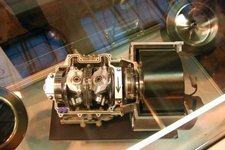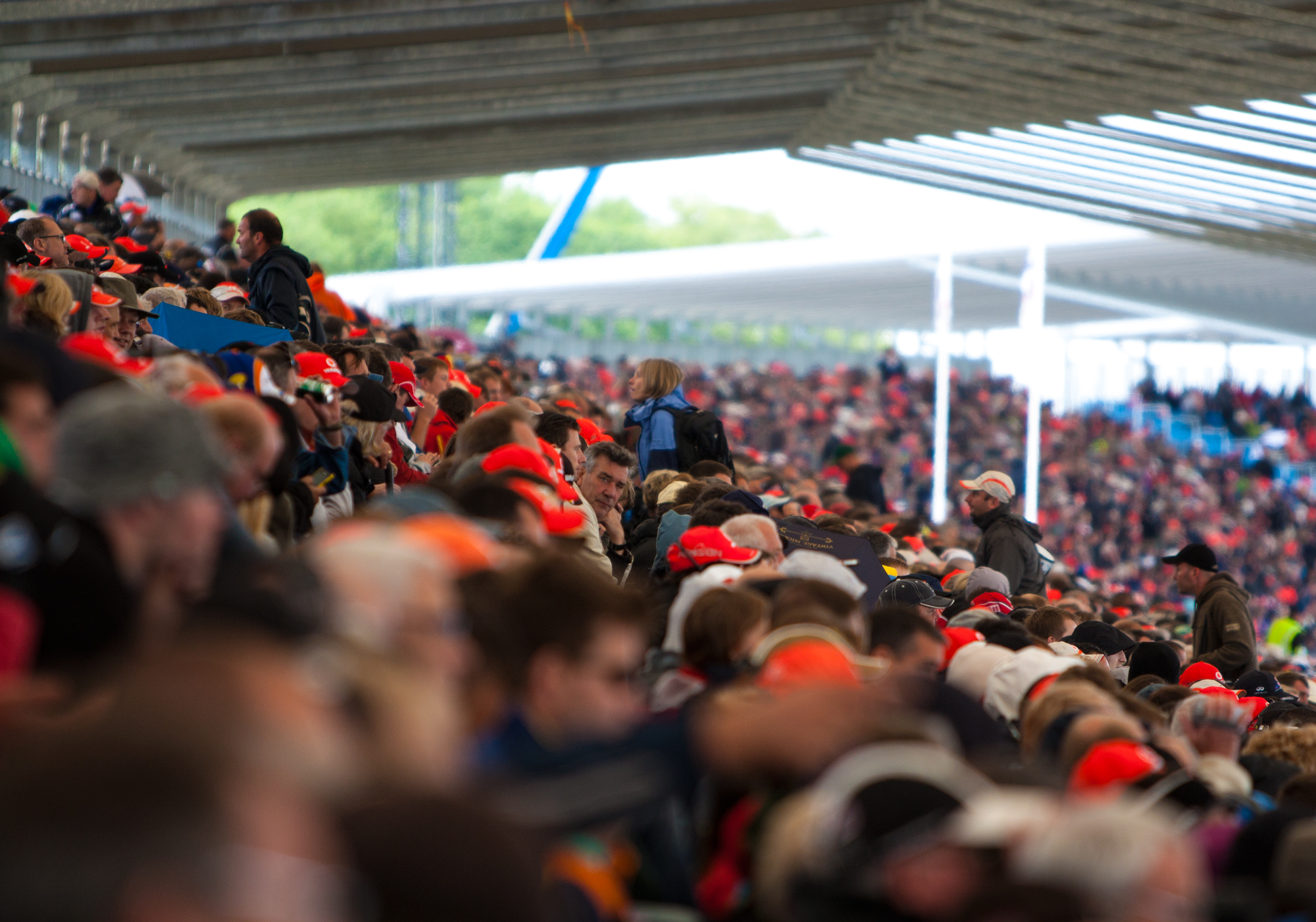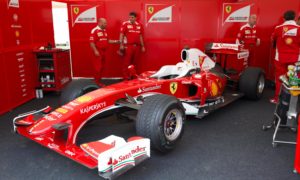 McLaren test driver Gary Paffett has revealed that McLaren could still decide to run without its KERS device, despite the team holding an edge over rivals Ferrari in the arms race to develop the technology.
McLaren test driver Gary Paffett has revealed that McLaren could still decide to run without its KERS device, despite the team holding an edge over rivals Ferrari in the arms race to develop the technology.
The controversial Kinetic Energy Recovery Systems (KERS), which harness waste energy under braking and convert it into additional power for the driver, are due to be introduced this year, but with less than three months before the start of the season only two teams, McLaren and BMW, are believed to be running to schedule with their development programme.
Ferrari have publicly disclosed that they are behind schedule and over budget, and it has been rumoured that that Italian team has abandoned its programme with electronics partner Magneti-Marelli altogether. President Luca di Montezemolo meanwhile has brandished the device as a “mistake†ruling out a possible application to road cars.
Renault and Toyota are also believed to be behind schedule. Toyota have said that it is unlikely they will begin the season with the device at all, while any problems at Renault have repercussions for its customer outfit Red Bull Racing.
Paffett, one of the first Formula One drivers to use the KERS technology, admits that with an increasing number of teams looking to start the season without the device, McLaren could follow suit especially if the weight advantage of not using the system is too large.
“Yes, the rumours are that Ferrari are struggling with their KERS device, but there is no guarantee that everyone will be running the system anyway,†he told Forumula1.com at the Autosport International Show.
“Our system is coming on relatively well and we are happy with the development, but I can t say that we will definitely run it. It all depends on the trade off between the weight and how much time it is going to give you. There is only a limited amount of lap time it can give you with the available power.
“Since the equipment is based at the rear of the car alongside other core components, there is possibly an advantage of running without the device and having a better car setup. It is going to be interesting. We haven t made a final decision about whether to use it or not.â€
The KERS devices were introduced by Formula One s governing body, the FIA, primarily to make the sport more environmentally sustainable but also to increase overtaking.
Paffett is sceptical about whether KERS will deliver more overtaking and points to the possibility of the teams using the boost at the same part of the track to yield improvements in laptime.
“The amount of power you get is a fair amount and everybody is allowed to use the same amount of power for the same amount of time, over the course of the lap,†he said.
“Ultimately it s down to the team to decide whether to use the additional power for overtaking or for lap time benefit.
“But if it s for lap time then you could have an advantage of three tenths of a second per lap and the teams will likely use the boost in the same place. So whether it will be viable for overtaking I don t know.â€
The McLaren driver points instead to the new aerodynamic regulations which enforce a 50 per cent reduction in downforce as a more likely overtaking stimulus.
“The reduction in downforce will help the cars run closer, so that will aid overtaking. But it is still going to be limited. The cars are not going to suddenly be without downforce and run nose to tail.â€
“The reduction in downforce will help the cars run closer, so that will aid overtaking. But it is still going to be limited. The cars are not going to suddenly be without downforce and run nose to tail.â€
Almost all the teams are planning to use a battery to store and convert the waste energy, only Williams are known to be developing a flywheel version of the KERS device.
This puts doubt over whether KERS will have the intended environmental impact and FIA President Max Mosley has already suggested that a ban on chemical-based storage could be enforced.
“We are increasingly of the view that the use of chemical storage should be prohibited in Formula 1,†the FIA President said, “owing to the unsuitability of the batteries currently available.â€
The current trend towards battery-based devices allied to the problems that the teams have been experiencing in their development programmes raises doubts about the long term future of KERS.








